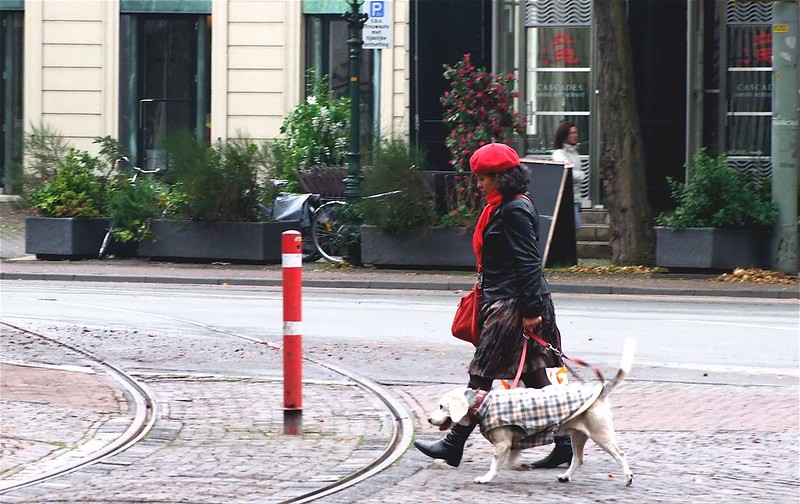I remember reading, as a kid, a children’s storybook called ‘Amelia Bedelia’, in which Amelia got a job as a housekeeper without having any knowledge of how to keep house. It was memorable because of the humour involved in her being told to dust the living room, but having no idea how. She proceeded to cover every surface in the living room with the dusting powder she found in the bathroom. Obviously, the result was the exact opposite of what her employer had intended.

I still remember the experience of understanding for the first time that there are words that have opposite or contradictory meanings despite being exactly the same words. What a revelation! Words had just become automatically more interesting and exciting.
Dust is one of a small and interesting collection of words called contronyms.
A contronym is more than just a homophone or homograph: it must have two meanings that are contrary to one another.
To dust can mean to remove the dust from a surface: Amelia Bedelia learned that to dust the furniture meant to polish or sweep the furniture in order to keep it clean. It can also mean to sprinkle the surface of something with a powdery substance:: a baker might dust a cake with sugar, a weightlifter dusts their hands with chalk to create extra grip, and snow can dust the landscape.
To cleave is to chop or cut through something. One can cleave a piece of wood in two with an axe, or cleave a piece of meat on two with a special knife called a cleaver.It is even possible to cleave through something figuratively: a swimmer might be said to cleave through the water, or a plane through the air. However, cleave can also mean exactly the opposite: to hold together.One can also cleave to one’s partner or spouse by holding them close, or by remaining faithful to them. In the same way, one can cleave to one’s faith or ideology by living faithfully according to its tenets and teachings.
Fast can mean with great speed: one can run fast, or a lab test might have a fast result if it happens quickly. It can also mean to not move at all: a tile might be held fast to the wall by strong glue, or a vine might cling fast to a tree.
Buckle can mean to bend or fold. A wall can buckle under the force of water or wind. Legs can buckle underneath a person who is carrying something too heavy for them, or as the result of a shock or impact. Buckle can also mean to fasten or hold something in place, just as a buckle on a belt or shoe does.
You could even say that someone who cleaves to something holds fast to it, while a buckle can hold a shoe fast to the foot wearing it!
Note that not all words that are contronyms have only those two meanings.
To bear can mean to carry, as in a burden or a grudge.
To bear can also mean to give birth – meaning that the child is no longer being carried.
These meanings make bear a contronym, regardless of its multiple other meanings and nuances.

Photo by Pixabay on Pexels.com

Contronyms: Words that have two opposite meanings.
Tweet
#grammar #words #English























